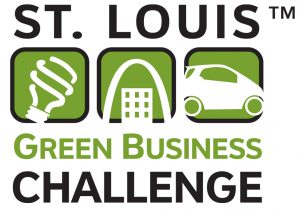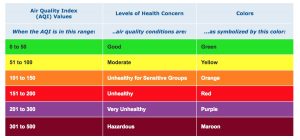Headquartered in Lake Saint Louis, Mo., MTM is a medical and transportation management company whose mission is to partner with clients in developing innovative solutions for accessing healthcare, increasing independence, and connecting community resources in the most cost-effective manner. MTM demonstrates a strong commitment to sustainability and actively takes steps to reduce its carbon footprint and make a positive impact in the community. Last year, MTM earned the esteemed title of St. Louis Green Business Challenge Champion for completing work with the Leader scorecard and committing to continued implementation of deeper sustainability strategies.
“At MTM, initiatives related to sustainability and protecting our environment are the threads weaving our existence,” said Alaina Maciá, President and CEO of MTM. “We think carefully about our approach to sustainability, and we are proud to lead the transportation industry in mitigating the impacts of climate change through more sustainable transportation solutions. We have a long way to go, but we’re taking significant steps to reduce our carbon footprint and make a positive impact on our industry, and our Earth as a whole, as we seek to make transportation more sustainable for future generations.”
During the 2022 Challenge, MTM implemented a new transit per diem incentivizing staff to utilize public transportation or rideshare services as an alternative to car rental while traveling for business, which helps to reduce the number of vehicles on the road and largely benefits air quality. As an added bonus, the company offered a travel training program with partners like Metro Transit in St. Louis and other U.S. public transit agencies to educate riders on using these public services safely and effectively. MTM also conducted a social media and internal campaign to gain valuable insight on what employees love most about telecommuting and how it supports sustainability efforts.
Other noteworthy accomplishments include an update to the headquarters roof with a heat-reflecting, white silicone coating and installation of a higher efficiency air conditioning system. To further reduce waste and environmental impact, MTM introduced water bottle filling stations and provided employees with glass water bottles and reusable coffee mugs. Several staff members committed to practicing sustainability outside the workplace as well by participating in Earth Month activities and plastic-free challenges, eating more vegan meals, completing at-home energy and waste audits and more.
The Clean Air Partnership is pleased to recognize the efforts of businesses such as MTM, Inc. that continue to take action for cleaner air by channeling their time and energy towards practicing sustainability. For more information on the sustainable efforts underway by MTM and how your organization or municipality can get involved in the Challenge, subscribe to the bi-monthly E-Newsletter or visit stlouisgreenchallenge.com. To learn more about the link between sustainability and air quality, explore the Clean Air Partnership’s website, like us on Facebook or follow us on Twitter at @gatewaycleanair.


